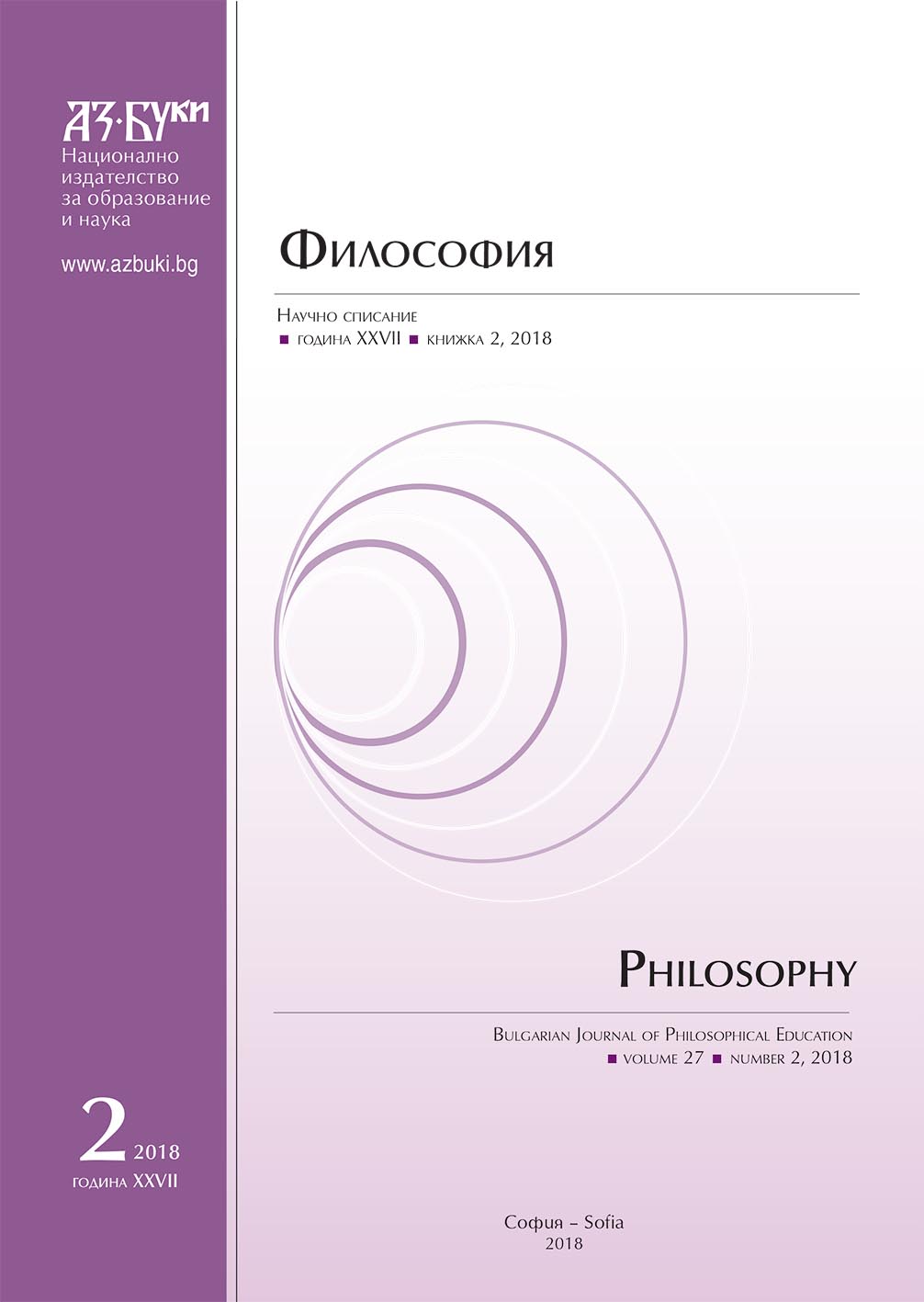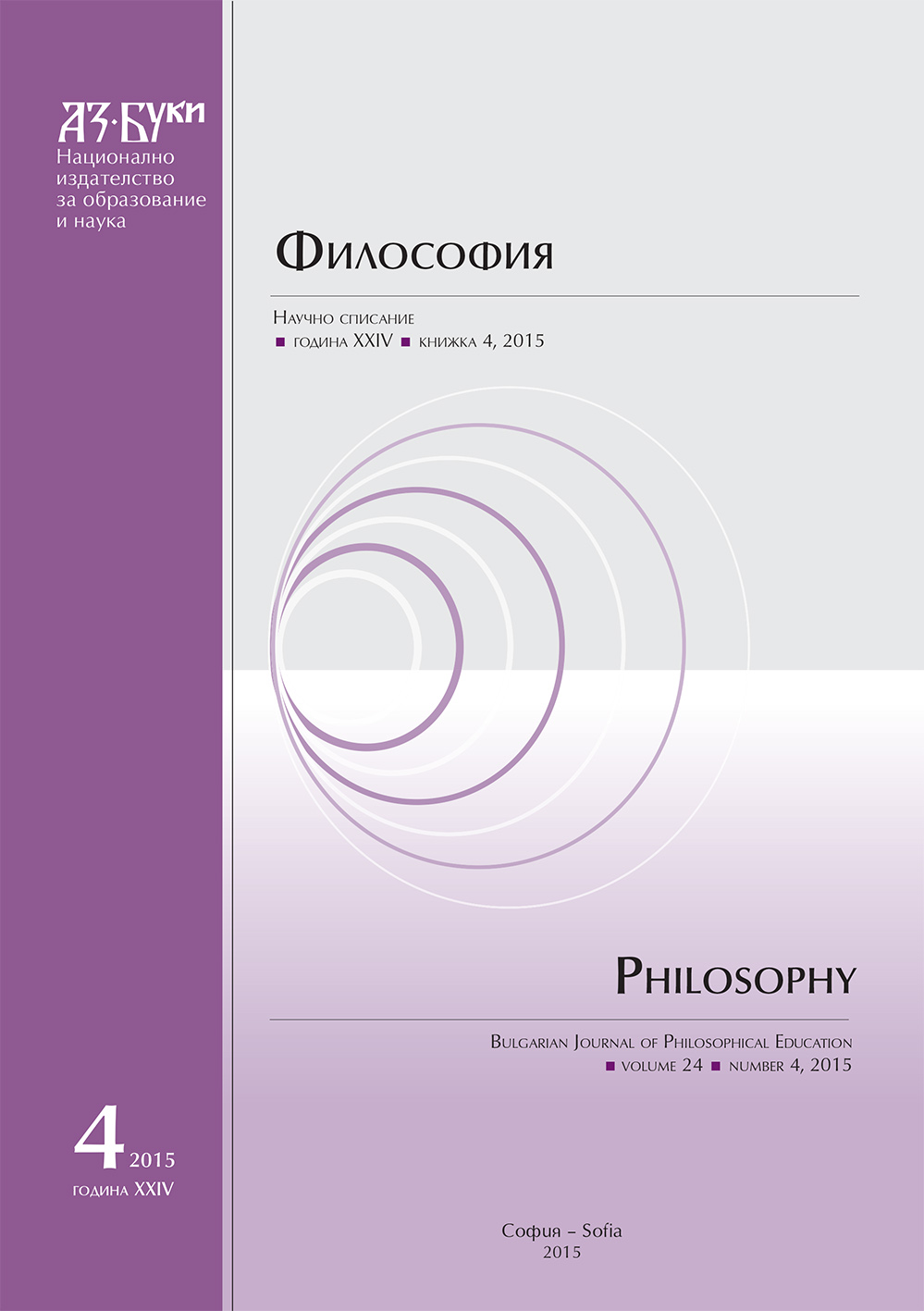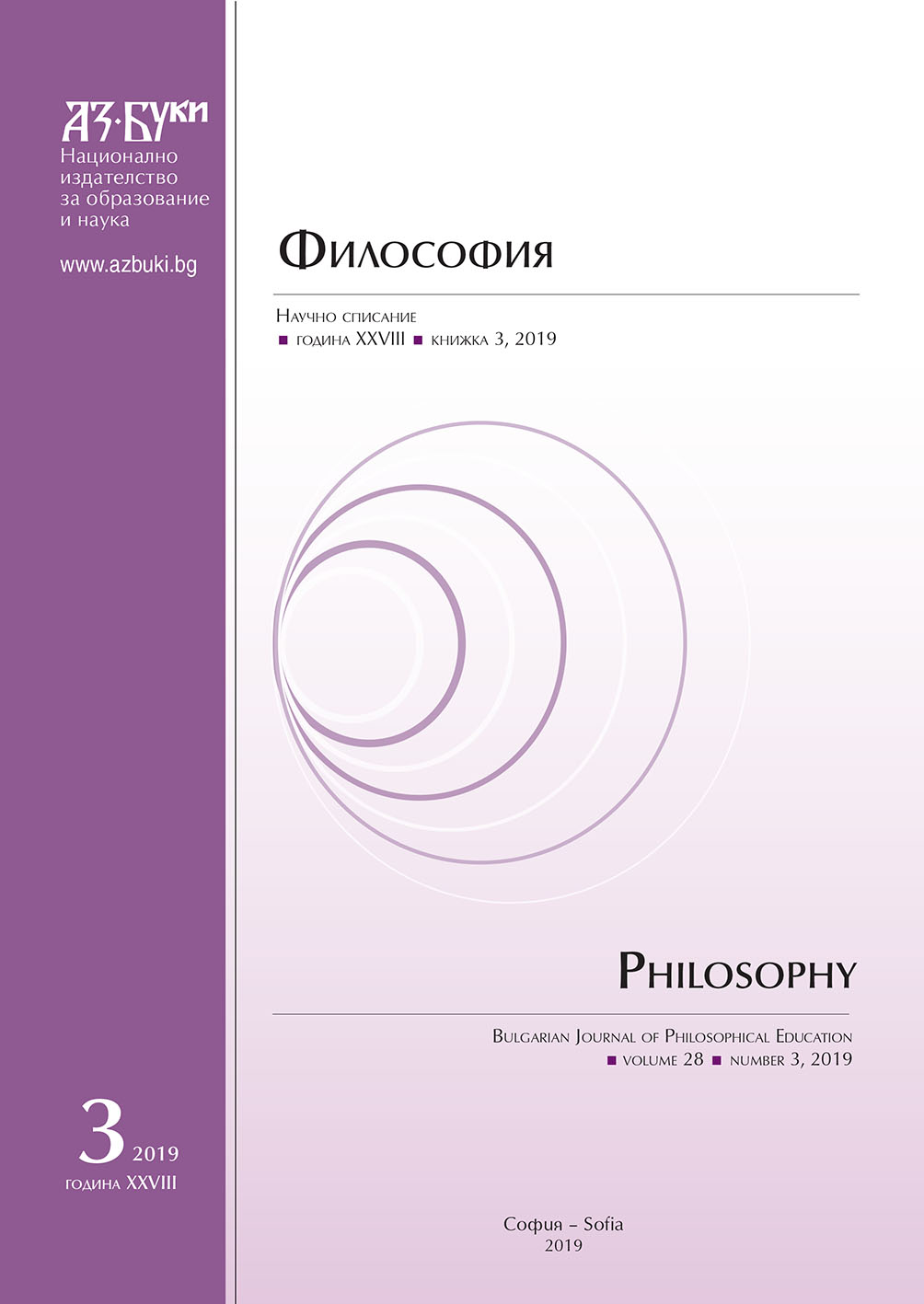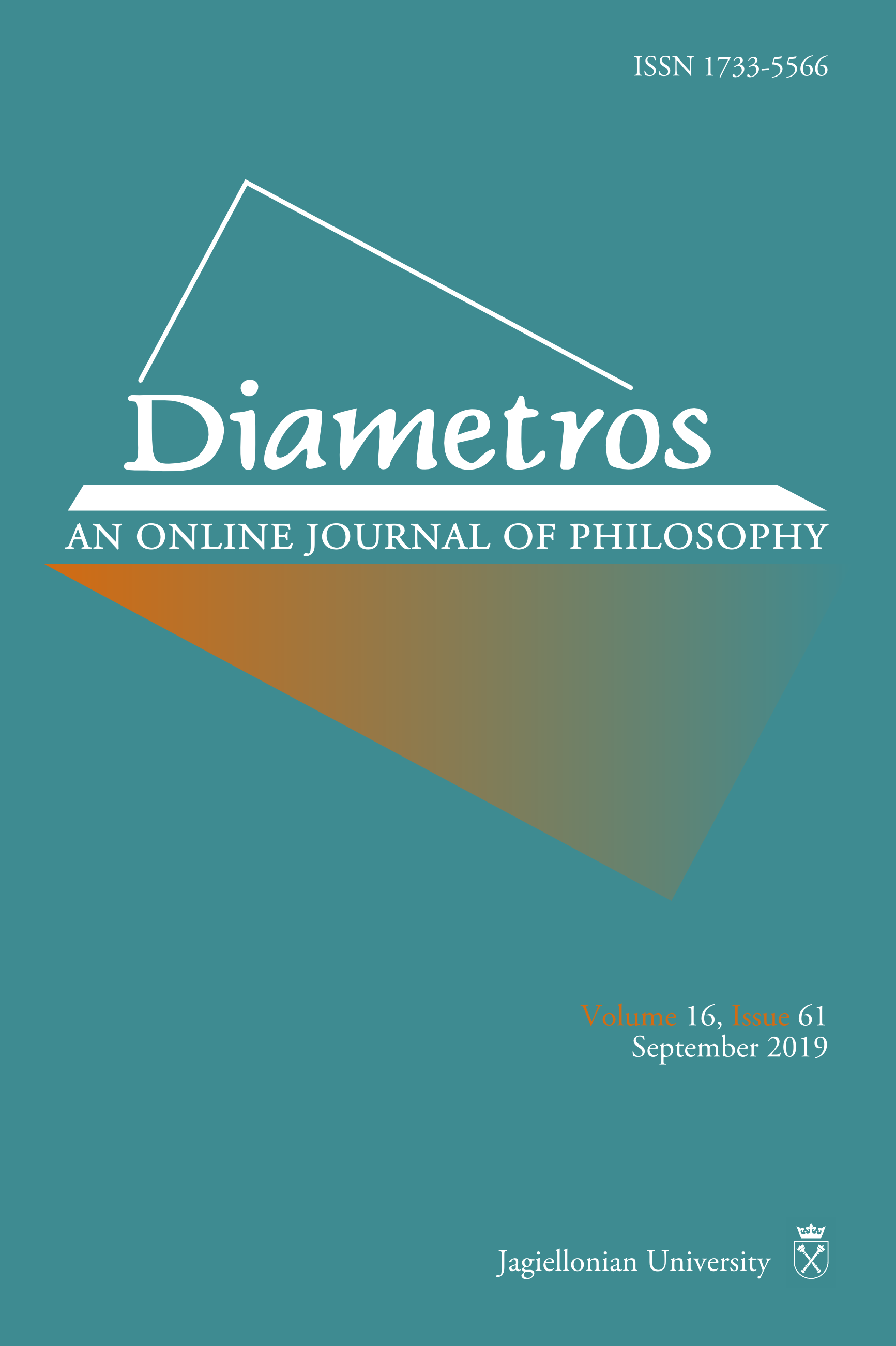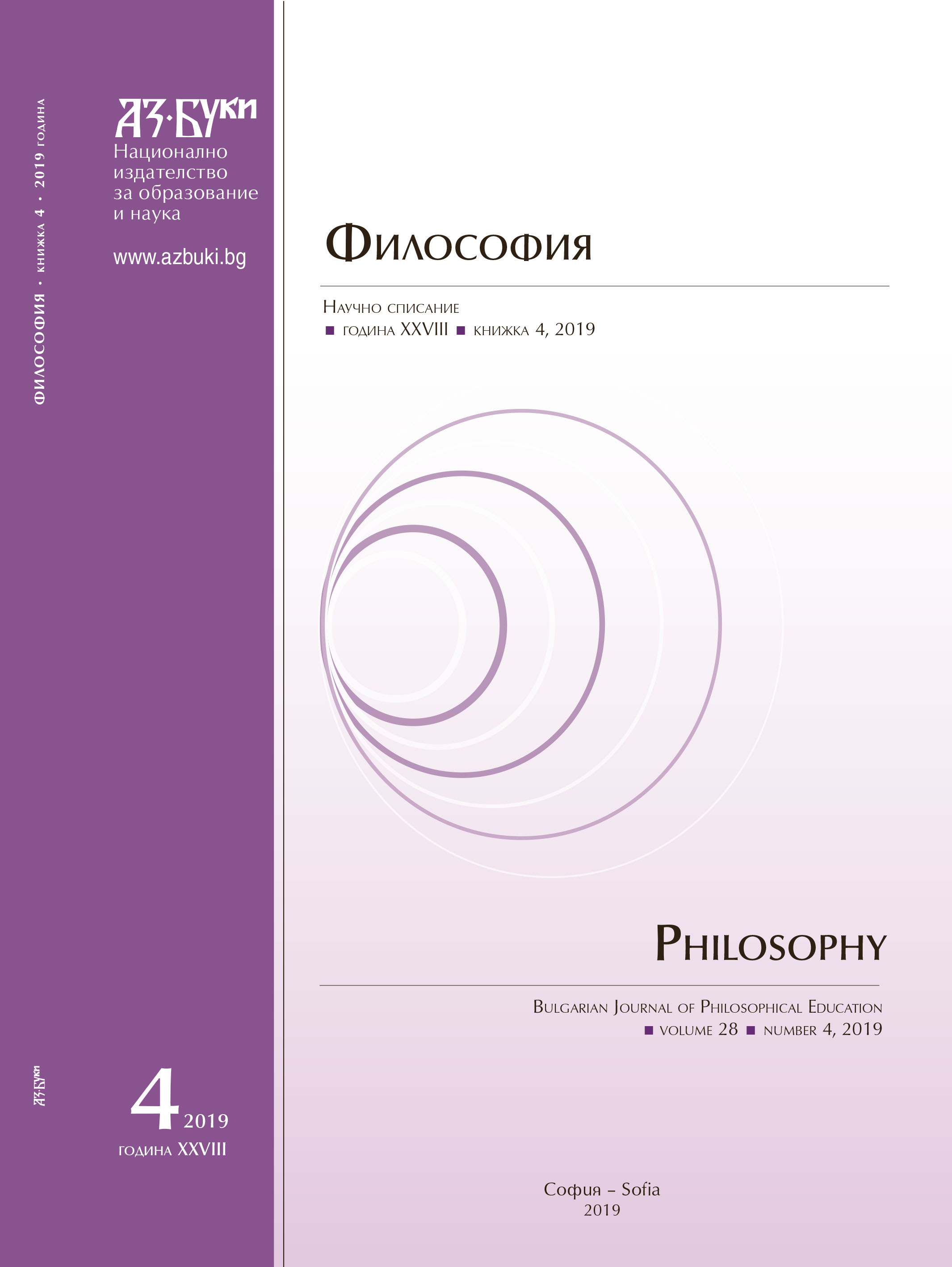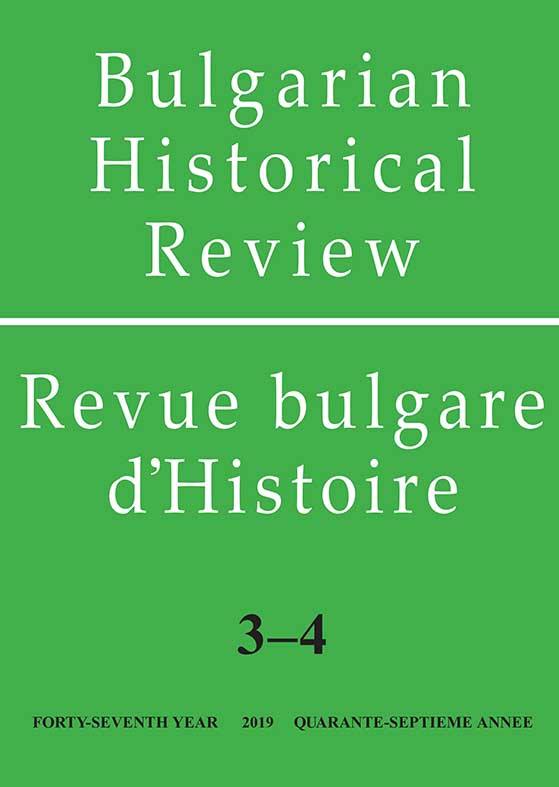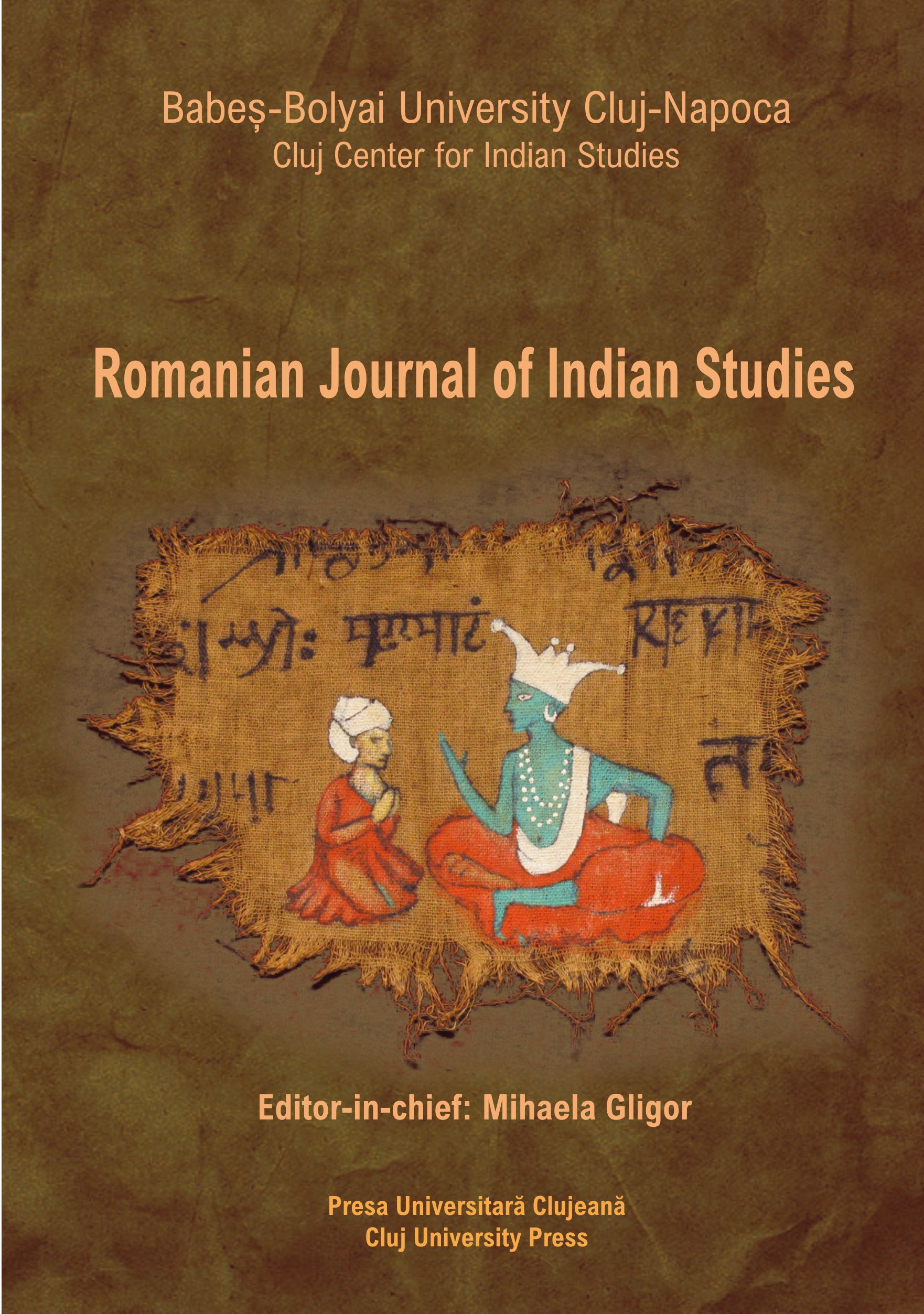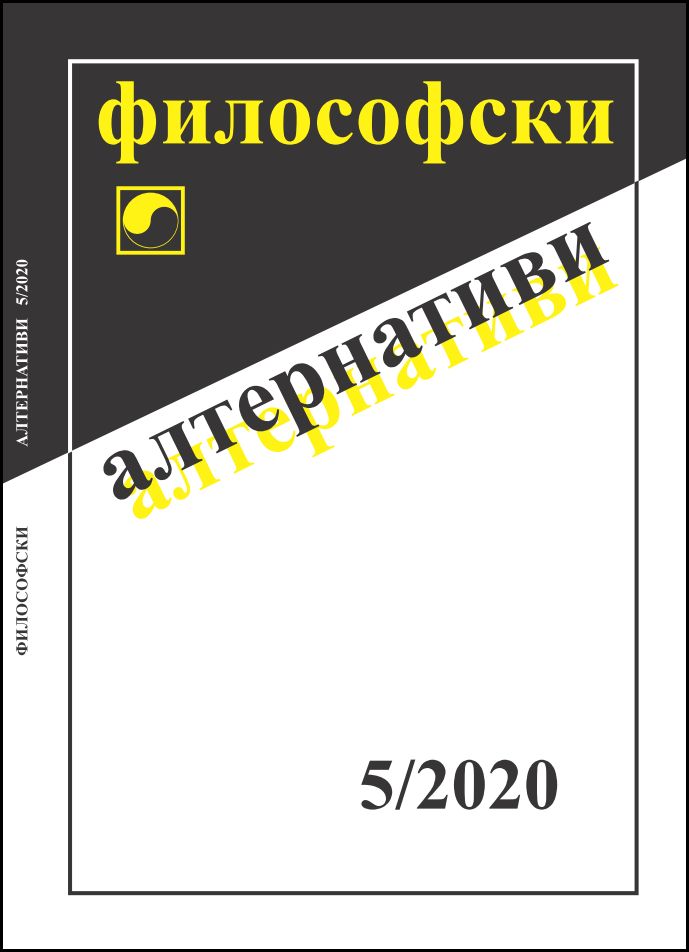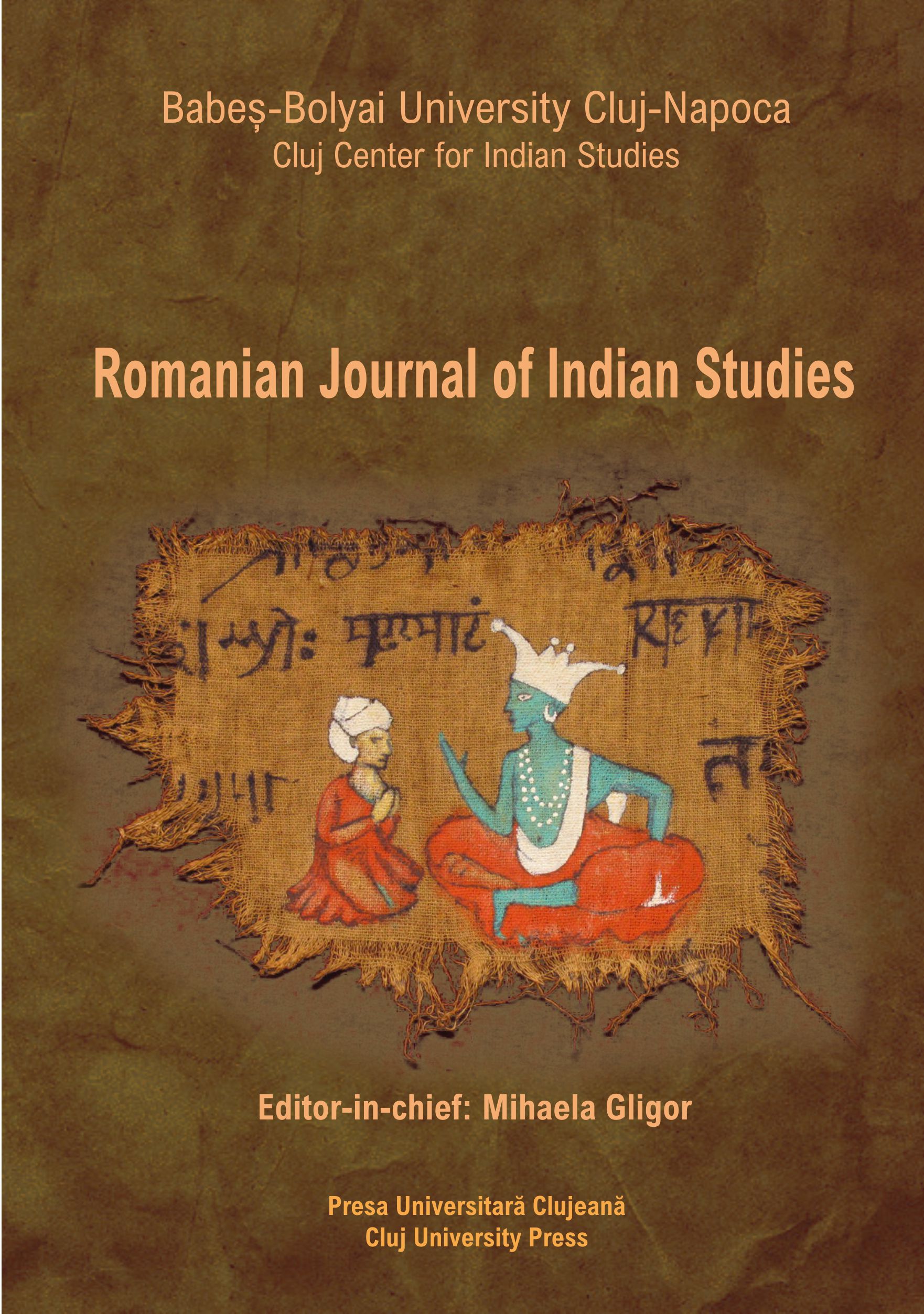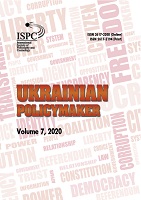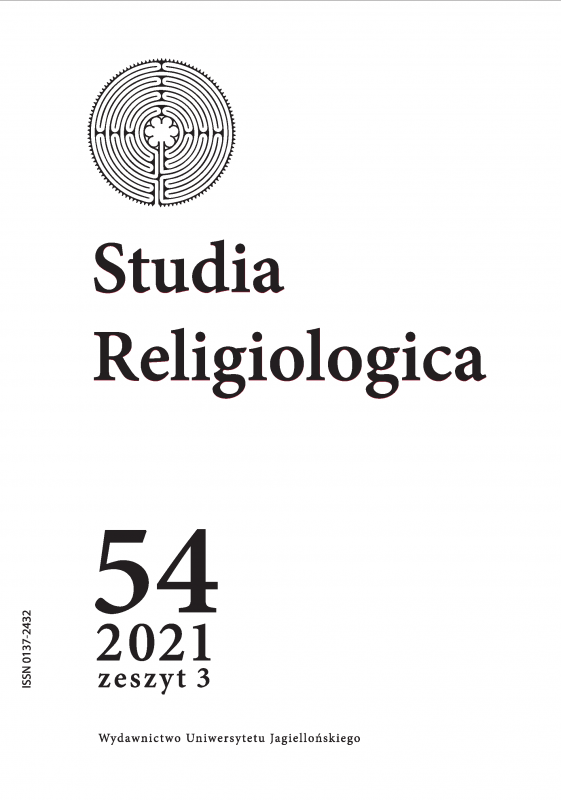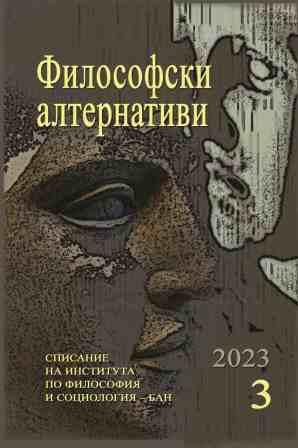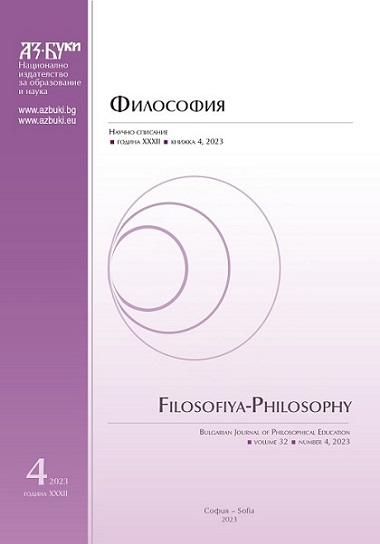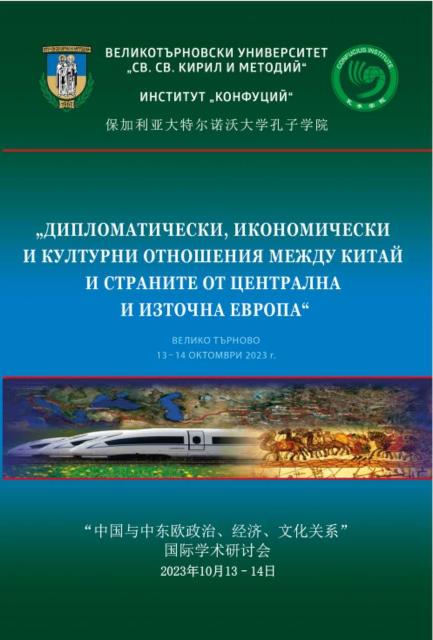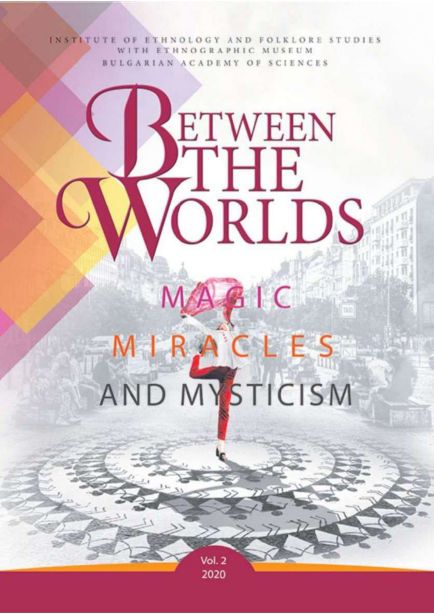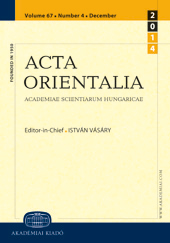
Further Remarks Apropos of the 'Ba'-rom-pa and the Tanguts
The 'Ba'-rom-pa subsect of the Tibetan Buddhist Bka'-brgyud-pa sect played an instrumental role in establishing the cult of Mahākāla at the court of the last Tangut emperors. The cult was a major element in ritual Tibetan Buddhist practices utilised to empower these Tangut emperors in the mundane world. It is from this tradition that the practice of propitiating Mahākāla came to be adopted by the Tangut state's Mongol conquerors. Over the last several years, a number of new sources have become available that detail aspects of the 'Ba'-rom-pa role at the Tangut court. Using them allows for a deeper understanding of the life of Ti-shrī Ras-pa, the last Tibetan imperial preceptor at that court, and of his place in the transmission of teachings that included the explicitly power-oriented Mahākāla instructions transmitted by Rtsa-mi lo-tsā-ba. These sources also cast new light on the existing accounts of the Mongol siege of the Tangut capitol, from a Tibetan perspective, and permit us to make some reasonable identifications of the Tangut emperors mentioned in Tibetan sources with those mentioned in Chinese sources.
More...
